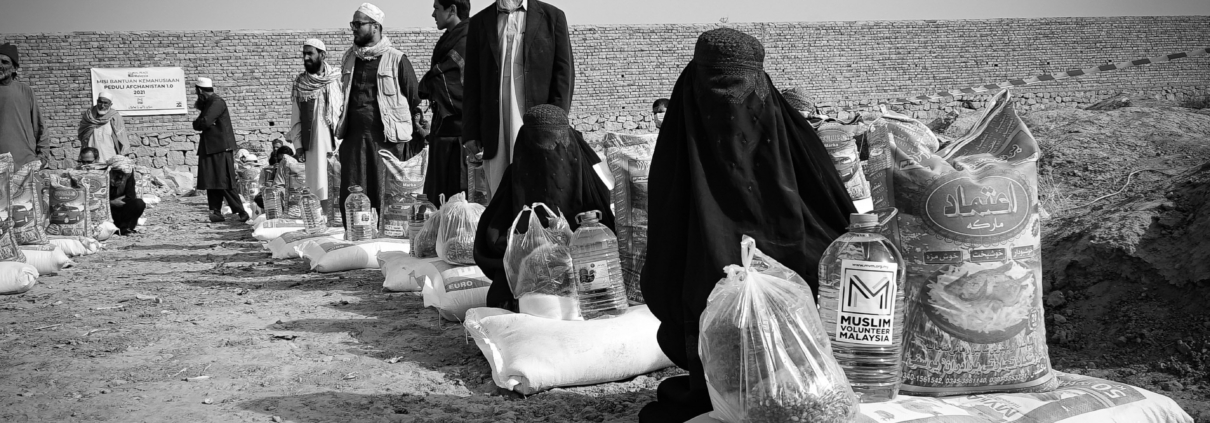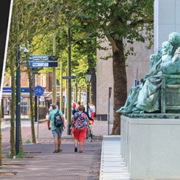How Do You Prepare Humanitarian Actors for Dangerous and Crisis Situations? We Spoke to Global Risk Advice to Find Out!
By Sarah Bumberger
From crisis management to de-escalation training to hostile environment awareness preparation, Humanity Hub member Global Risk Advice (GRA) supports those who contribute to the world in challenging conditions and hostile environments. We spoke to GRA about how to prepare people for unexpected incidents and unplanned events that are part of everyday life when working in areas of conflict, war, crime or natural disasters.
With its certified trainers and coaches, GRA seeks to prepare Humanitarian aid workers, NGOs, FBOs, human rights defenders, medical, and peace organisations from all parts of the world to carry out their work safely and confidently in remote or hostile areas.

Creating real-life scenarios is one of the key elements of training
Kidnapping, corruption or armed conflict are likely events in setting of humanitarian crisis, conflict, or in the world’s disaster zones. Having a range of conflict resolution, tools, or stress management skills can increase the likelihood of a positive outcome in such situations. Michèle Moorlag-Salcido, Junior Advisor and Office Administrator at Global Risk Advice says: “When traveling to such areas, it is important that you know and agree beforehand with your organisational protocols in dealing with crime and corruption. Another practical tip for when you are in the field is to start the day with a brief meeting with the team you’re travelling with to discuss how you’ll deal with certain risks in the region you are operating. This can be of tremendous help when a situation does occur.”
That is why GRA creates realistic simulations to provide participants the space to practice a real-life situation, with the aim to become aware of risks and prevent risks from happening.
Humanitarian actors and organisations also need continuing support to do their jobs. GRA’s trainers keep therefore supporting organisations during and after their staff’s deployment in helping process traumatic experiences or offering organisations a 24/7 crisis response availability should an organisation be faced with a crisis.
To best meet new challenges, training techniques and tools need to be constantly updated
When a new conflict arises in a country, GRA collaborates with local organisations and partners to prepare and advice its participants as best as possible. In the case of Ukraine, participants are taught about weapons awareness: How do you deal with armed people? What do you do during a bombardment? What do you do when you are in a minefield? This goes back to implementing as many real-life scenarios as possible during training to ensure that implementation in actual situations does not fail.
As Michèle says, GRA is always open for collaborating with different organisation within our Hub community to partner on security issues: whether that is improving its training techniques, adapting to new crisis and humanitarian situations, or changing geographic focus.
For more information about the Humanity Hub and membership options for individuals, foundations and businesses working for peace, justice and climate action, check our website.









